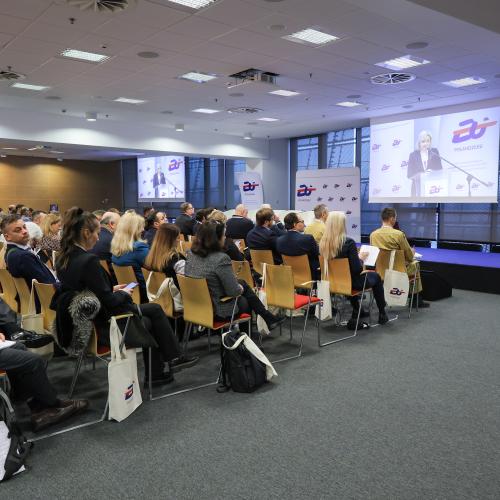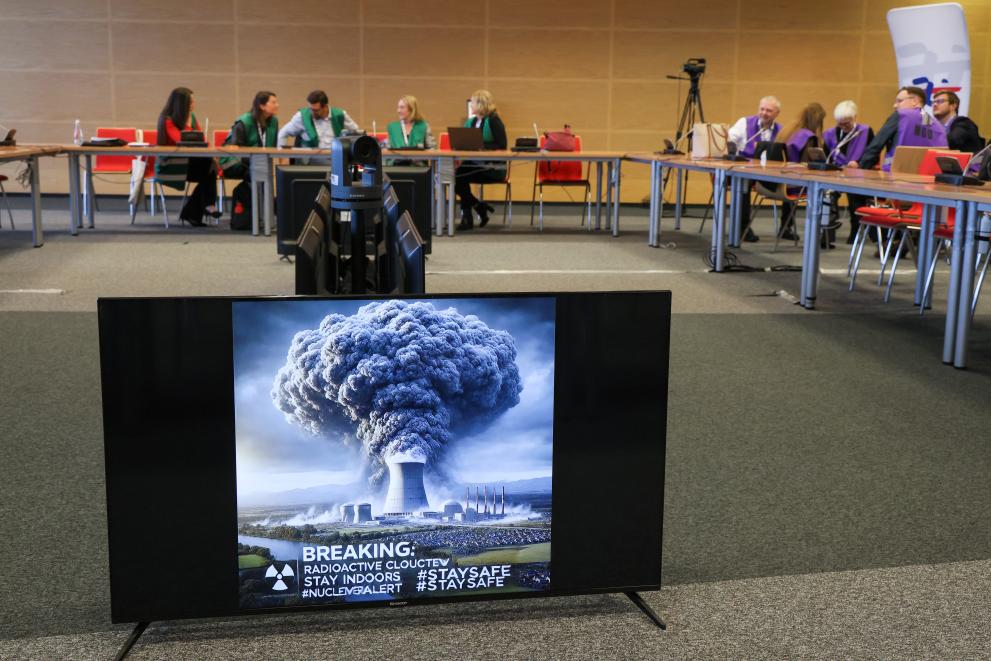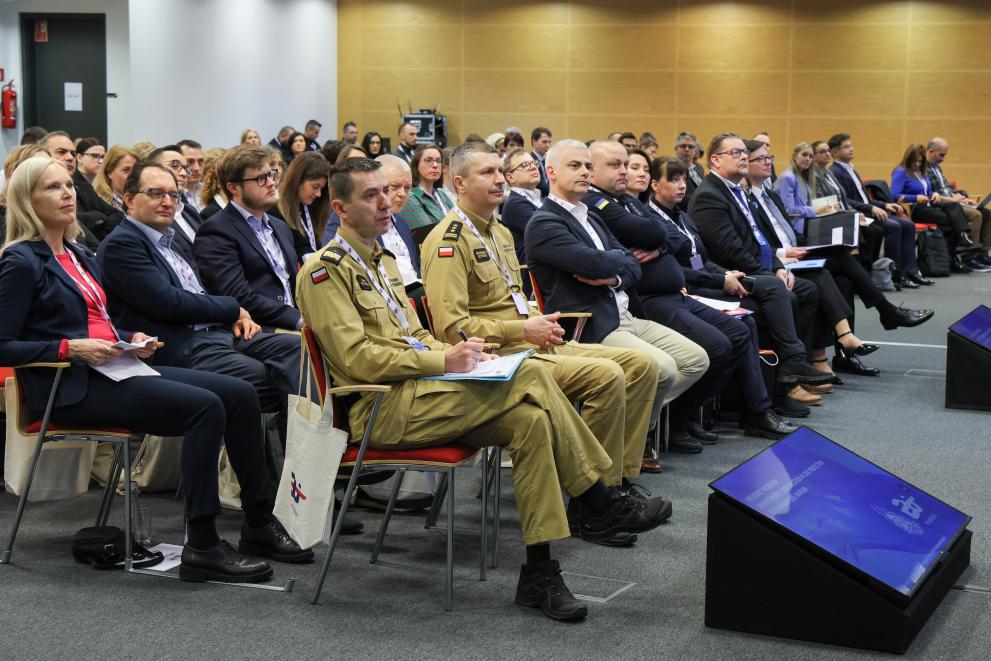
Strengthening communication in civil protection
Effective communication is vital in civil protection, ensuring timely alerts, coordinated responses and public trust. Beyond emergency notifications, it involves public awareness campaigns, media engagement and cross-border coordination. However, challenges such as misinformation, technical failures and public reactions can complicate crisis messaging.

